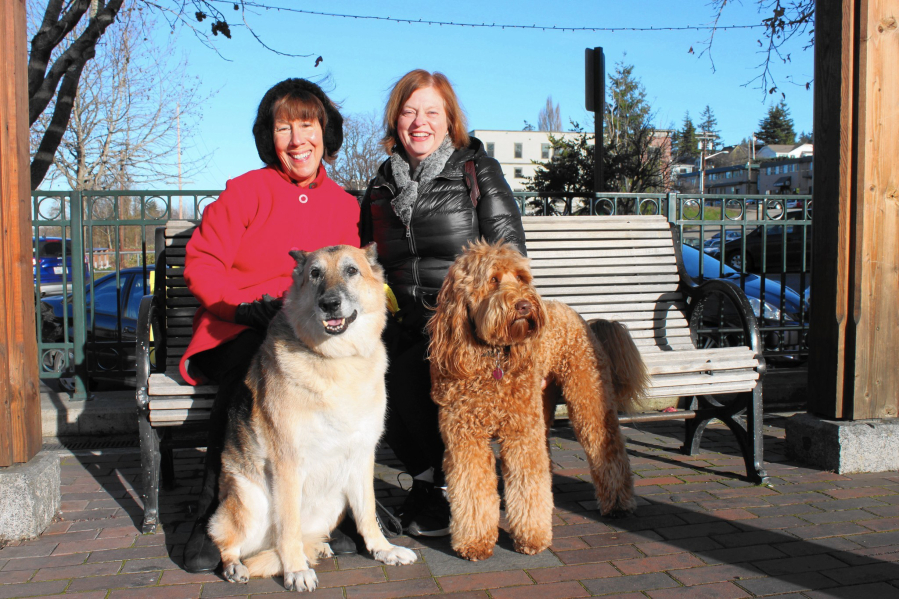You’ll have to buy kibble, a collar and a leash. That, plus the upfront cost of a new pup, pretty much covers it, right?
Not quite. Most new pet owners grossly underestimate what it actually costs to own a dog, said Wisconsin veterinarians Race Foster and Marty Smith, founders of the pet supply company Drs. Foster and Smith, on PetEducation.com.
Besides food and regular veterinary care, consider licensing, electric fences or regular fencing, home crates and travel crates, training and obedience classes, boarding, dog-walking, dog-sitting, grooming, teeth cleaning, treats, toys, poop bags, flea/tick meds, heartworm meds, microchips and spay/neuter surgery, if your breeder didn’t provide it. Not to mention collateral costs such as carpet cleaning or replacement, ruined furniture, doors scratched, gardens unearthed, screens ripped or the extra deposit landlords require.
That’s if you have a healthy dog. Allergies, eye trouble and joint problems show up later.



